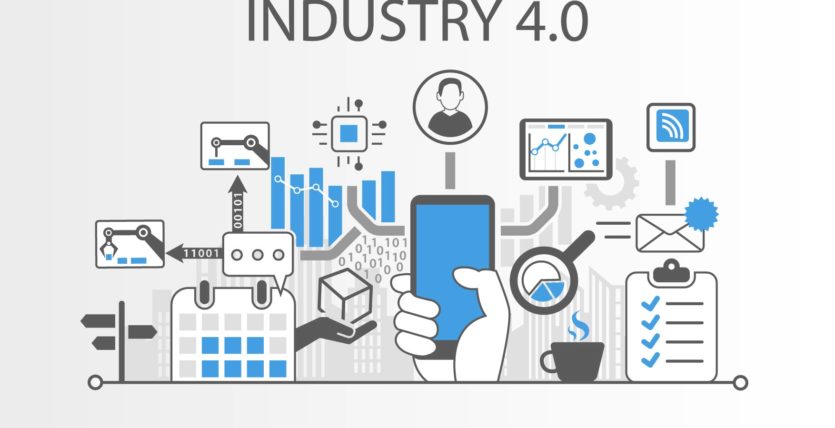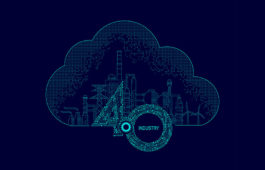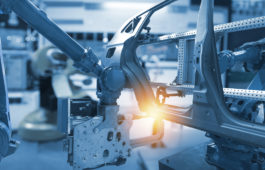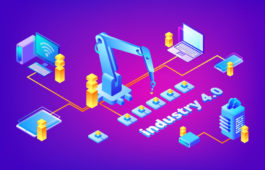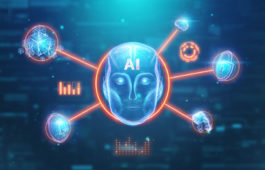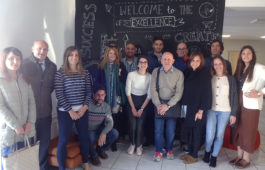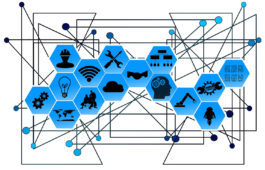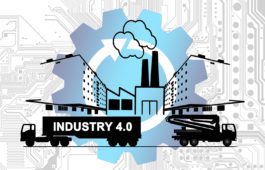INDUSTRY 4.0 AND ITS IMPACT ON EDUCATION
Industry 4.0 refers to the fourth industrial revolution. It calls for a dynamic transformation of how all aspects of business and production are done. A new wave of global technology will change global production. Internationalization, in all aspects of business and industry, will be the norm. Countries can no longer remain confined within their borders but must become citizens of the world. Leaders in this new era will need to be critical thinkers, problem solvers, and be able to interact across the globe. In short, they need to be liberally educated.
But how should this impact on education? Future workers will need to be highly trained in the emerging technologies but also, as importantly, in the values associated with using those technologies. In the future, we must not only possess the ability to develop the technology but also to know whether, when, and where to use that technology. That kind of thinking is both reflective and interdisciplinary. Schools must reinvent themselves quickly. They need to adapt to the demands of the RI4 and have the obligation to come out of its shell, its hermetic spaces and try to give as many opportunities as possible by creating the adequate contexts for students to be prepared for the future jobs. The problem in the future could not be the lack of employment, but the shortage of skills that the new jobs will demand.
The big question is: how can schools adapt to these demands?
Students need to understand how they can correlate and use and apply different knowledge in diversified contexts, what they really mean and how they can create synergies among different subjects to develop/create “something” that connects to the real world. This takes us to another very important point: students need to work in a framework of projects and from there they need to collaborate with their colleagues, with their teachers and with the outside world. They need to develop new ways of communicating; they need to be put in front of complex situations to develop critical thinking and complex problem solving and to learn how to be imaginative, creative, adaptable, flexible and to develop brain plasticity.
In other words, Industry 4.0 will require the world to produce a new kind of worker—a knowledge worker! Tomorrow’s industry leaders and managers must possess new skill sets to adapt, to manage, and to take advantage of Industry 4.0. They must be critical thinkers, problem solvers, innovators, communicators, and provide value driven leadership. They must be able to see beyond the technology at play to the implications for society for the use of that technology. These traits define the knowledge worker. They must know the technology but be able to meet and solve all aspects of the challenges engendered by this technology. This kind of leader requires a new approach to education.
As Alex Gray (2016) states “Change won’t wait for us: business leaders, educators and governments all need to be proactive in up-skilling and retraining people so everyone can benefit from the Fourth Industrial Revolution”. So, we have the obligation to create the models and contexts to allow it to happen, otherwise we will have a generation with no skills shortage for the new demands of the labor market and that will become a big problem to society.
Sources:
Gray, A. (2016). The 10 skills you need to thrive in the Fourth Industrial Revolution. Retrieved from https://www.weforum.org/agenda/2016/01/the-10-skills-you-need-to-thrive-in-the-fourth-industrial-revolution/
Horch, D. (2017). Promise or Peril: Decoding the Future of Work. Retrieved from https://www.weforum.org/agenda/2017/01/promise-or-peril-decoding-the-future-of-work/






